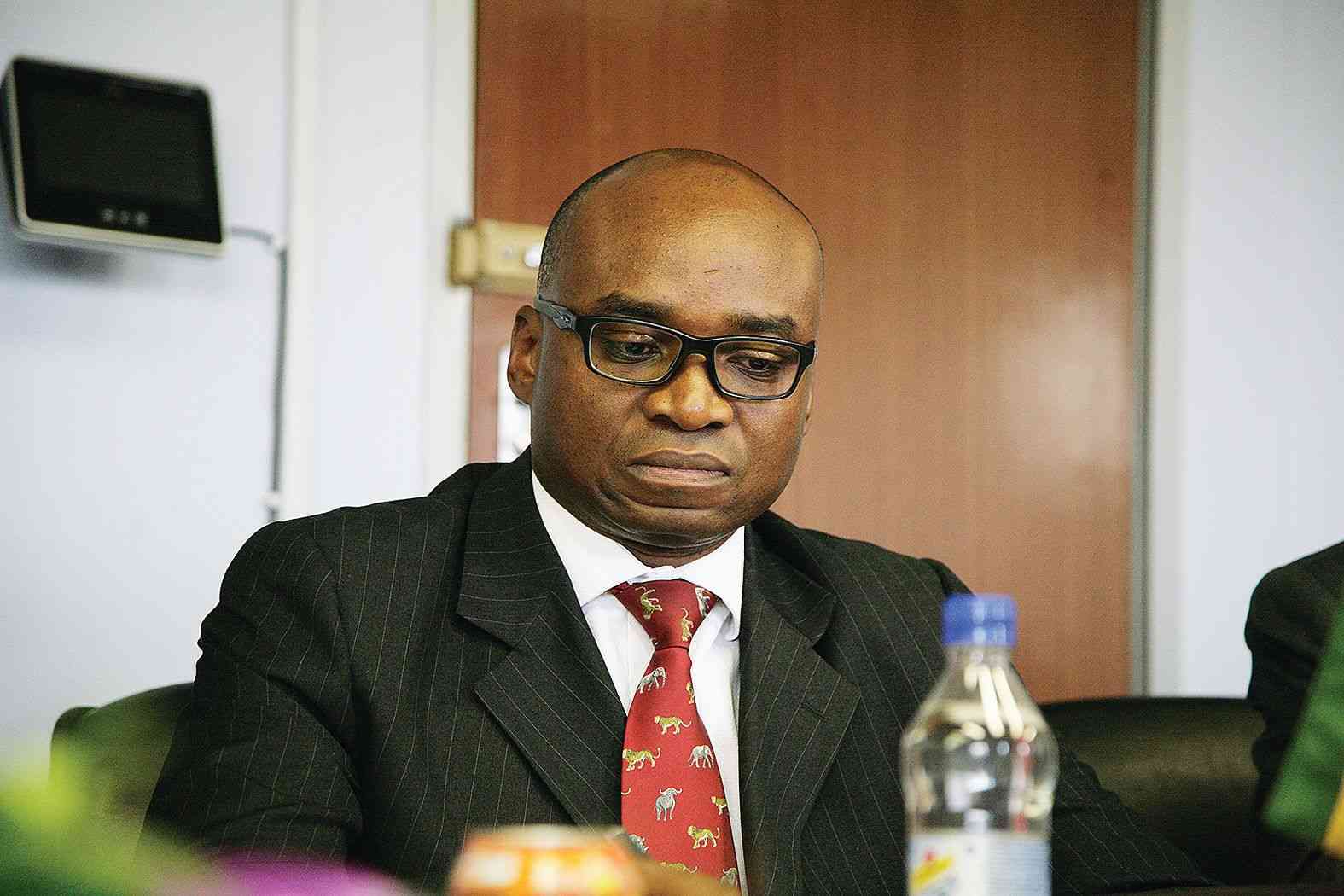
Small and medium-sized enterprises (SMEs) face a plethora of challenges when it comes to funding as they have limited access to finance, lack of databases, undeveloped sales channels and low levels of financial inclusion among others.
These challenges have had detrimental effects on the growth of the sector, particularly in developing countries including Zimbabwe.
According to a 2022 Finscope SME survey, micro, small and medium enterprises contributed US$8,2 billion to the country’s gross domestic product.
The sector has grown to become the bedrock of economic growth and poverty reduction, employing over 60% of the country’s productive workforce, constituting 70% of business in Zimbabwe.
However, if the issue of financing SMEs is not addressed urgently, the gains made within the SME sector in Zimbabwe might be reversed.
Local entrepreneur Jacob Esau, who recently clinched a deal with a local bank, said accessing final inclusion was the biggest challenge faced by SMEs.
“Talking about the challenges that SMEs face in accessing financial inclusion it emerged that most of these financial sectors or banks have no policies that are SME-friendly,” Esau said.
“Most SMEs have brilliant ideas, workable and bankable projects, but for them to access any financial help it’s a bit of a task because the majority of banks need collateral in terms of title deeds.
- The ‘hidden middle’: the transformation of agri-food systems in Africa
- Financial boost to propel FDI growth
- SMEs data capturing platform launched
- ZSEH pushes for tax incentives to lure SMEs onto bourse
Keep Reading
“You then wonder how they think a university graduate or someone coming from the hood or has just been retrenched is expected to own a property that has titles.”
Esau, director of Furniture Direct International, said his recent deal with one of the top financial institutions in the country, will help his company in many ways.
“This deal will enable us to propel our growth and vision towards the direction that we have always wanted to go,” he said.
“We have always wanted to make furniture for all people; we are now able to give civil servants zero percent facility and other flexible payments plans.
“What it means is that the government being the biggest spender and biggest employer, the majority of Zimbabweans will have access to our products with flexible terms and other affordable packages.”
Furniture Direct International was founded by Esau and his wife in 2010, trading under Kubams Commercial Holdings and was later registered as a separate entity in 2013 (Furniture Direct International).
Over the years, the company has been manufacturing a wide range of furniture products such as kitchen fittings, office furniture, school furniture and equipment, hospital equipment as well as play centres, among others.
The company’s major clientele are schools, hospitals and non-governmental organisations.
Esau said the financial injection in Furniture Direct International will do wonders to the company and the SME sector in general.
“This financial support means more business and more business is growth; more turnover,” he said.
“We are on a path to create jobs and opportunities for a number of youths and this means growth for the SME sector.”
Esau said even government institutions would manage to access their product through the facility.











